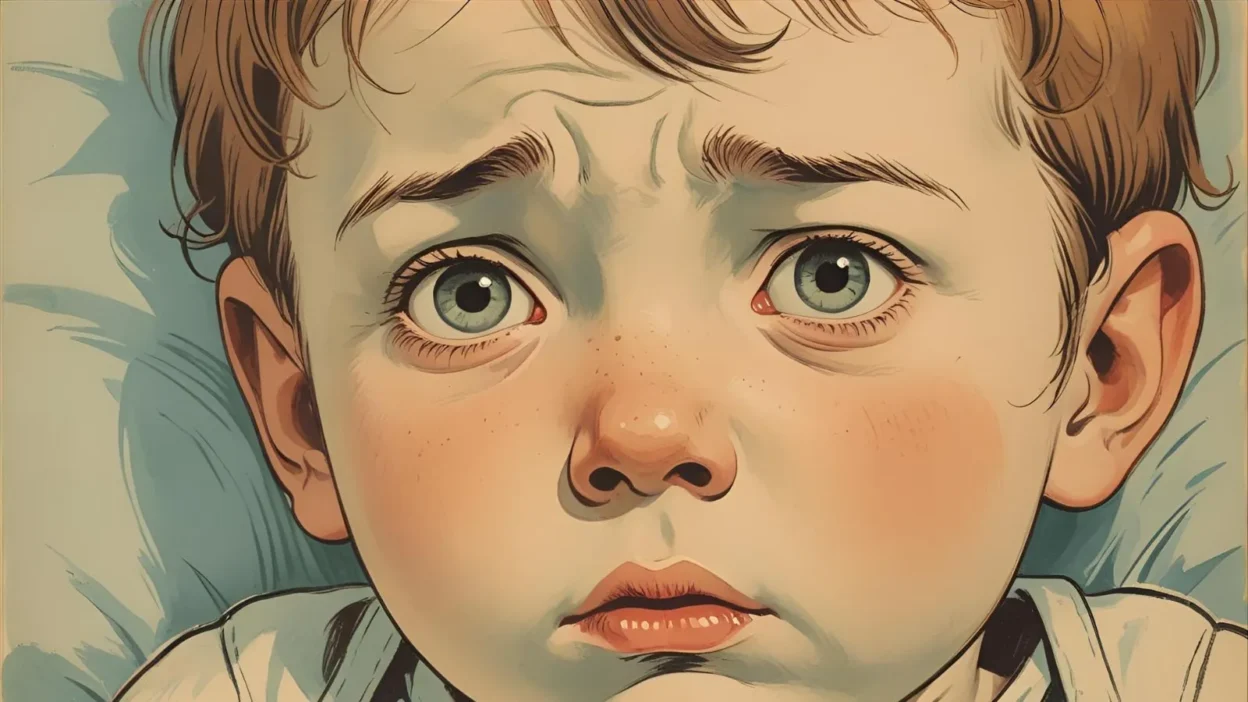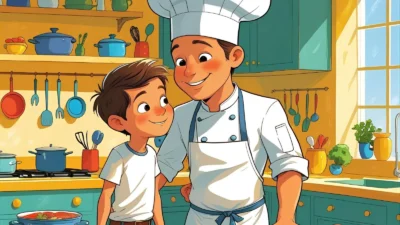What is the most psychologically damaging thing you can say to a child? It’s a question every parent, teacher, and caregiver should seriously consider. Words leave a lasting impact—sometimes more than actions.
We explore how negative language can affect a child’s self-worth and emotional development. Even casual phrases can deeply wound young minds.
Learn what to avoid, how to speak with care, and how to build up rather than break down.Protect a child’s mental health with mindful, respectful communication.
Sorry Generator
“I Wish You Were Never Born” — A Lifetime of Rejection
Few phrases hurt more than making a child feel like a mistake. This sentence tells a child they’re unwanted — and that pain cuts deep.
✅ What to say:
- “I’m really upset right now, but I love you no matter what.”
- “This is hard, but we’ll work through it together.”
- “Even when I’m angry, you’re still my child and I care about you.”
❌ What NOT to say:
- “I should’ve never had you.”
- “You ruined my life.”
- “I wish you were someone else’s problem.”
Scenario: After a tantrum, instead of saying, “You were a mistake,” try, “I’m upset, but let’s take a break and calm down.” Even in conflict, children need to feel safe and loved.
“You’re So Stupid” — Attacking Their Identity
Calling a child names can lead to low self-esteem and cause them to doubt their abilities for years to come.
✅ What to say:
- “That choice didn’t work out — let’s learn from it.”
- “Everyone makes mistakes — what matters is how we grow.”
- “You’re capable of figuring this out with some help.”
❌ What NOT to say:
- “You’re dumb.”
- “Why can’t you be smarter like your sibling?”
- “You never get anything right.”
Scenario: If your child fails a test, don’t say, “You’re hopeless.” Instead, say, “Let’s talk about what was hard and how we can help you study next time.”
“Stop Crying or I’ll Give You Something to Cry About” — Silencing Emotions
This phrase teaches kids that emotions are bad or dangerous, which can lead to emotional repression and anxiety later in life.
✅ What to say:
- “It’s okay to feel sad — I’m here for you.”
- “Tell me what’s making you upset.”
- “Let’s take a deep breath and figure this out together.”
❌ What NOT to say:
- “Big boys/girls don’t cry.”
- “Crying won’t fix anything.”
- “You’re being dramatic — stop it.”
Scenario: When your child is crying over a lost toy, instead of yelling, say: “I see that you’re upset. Let’s talk about it and find a solution.”
“Why Can’t You Be More Like Your Brother/Sister?” — Comparison Hurts
Comparing children to siblings or peers can make them feel unworthy, unloved, and invisible.
✅ What to say:
- “You’re unique, and I love the way you think.”
- “Everyone has strengths — let’s find yours.”
- “You don’t have to be like anyone else — just be you.”
❌ What NOT to say:
- “Your sister would never act like this.”
- “Why can’t you be more like him?”
- “You’re the difficult one in this family.”
Scenario: If your child is struggling to keep up in school, instead of comparing, say, “Let’s figure out how you learn best.”
“You’re Too Sensitive” — Shaming Their Feelings
Minimizing a child’s emotions can make them feel ashamed or embarrassed for having normal human reactions.
✅ What to say:
- “I see this really upset you — want to talk about it?”
- “You have every right to feel how you feel.”
- “Let’s work through those feelings together.”
❌ What NOT to say:
- “You’re being a baby.”
- “Get over it already.”
- “You always overreact.”
Scenario: If your child is hurt by something small, don’t dismiss them. Say, “I understand it might seem small to others, but it matters to you — and that’s important.”
“You’ll Never Amount to Anything” — Crushing Their Potential
This statement steals a child’s hope and belief in their future. It can lead to depression, self-doubt, and underachievement.
✅ What to say:
- “You can do hard things — I believe in you.”
- “Let’s take it one step at a time.”
- “Everyone struggles sometimes — it doesn’t mean you won’t succeed.”
❌ What NOT to say:
- “You’re a failure.”
- “You’ll never get it right.”
- “You’re just not good at anything.”
Scenario: If your child messes up a chore, don’t criticize who they are. Say, “Let’s go over how to do it right next time — I know you can learn.”
Final Thoughts
So, what is the most psychologically damaging thing you can say to a child? Any phrase that attacks their worth, silences their feelings, or makes them feel unwanted can leave a lifelong scar.
But the good news is — it’s never too late to change how we speak. Words can harm, but they can also heal.
By choosing kindness, honesty, and encouragement, we can help children grow up feeling safe, valued, and deeply loved.




